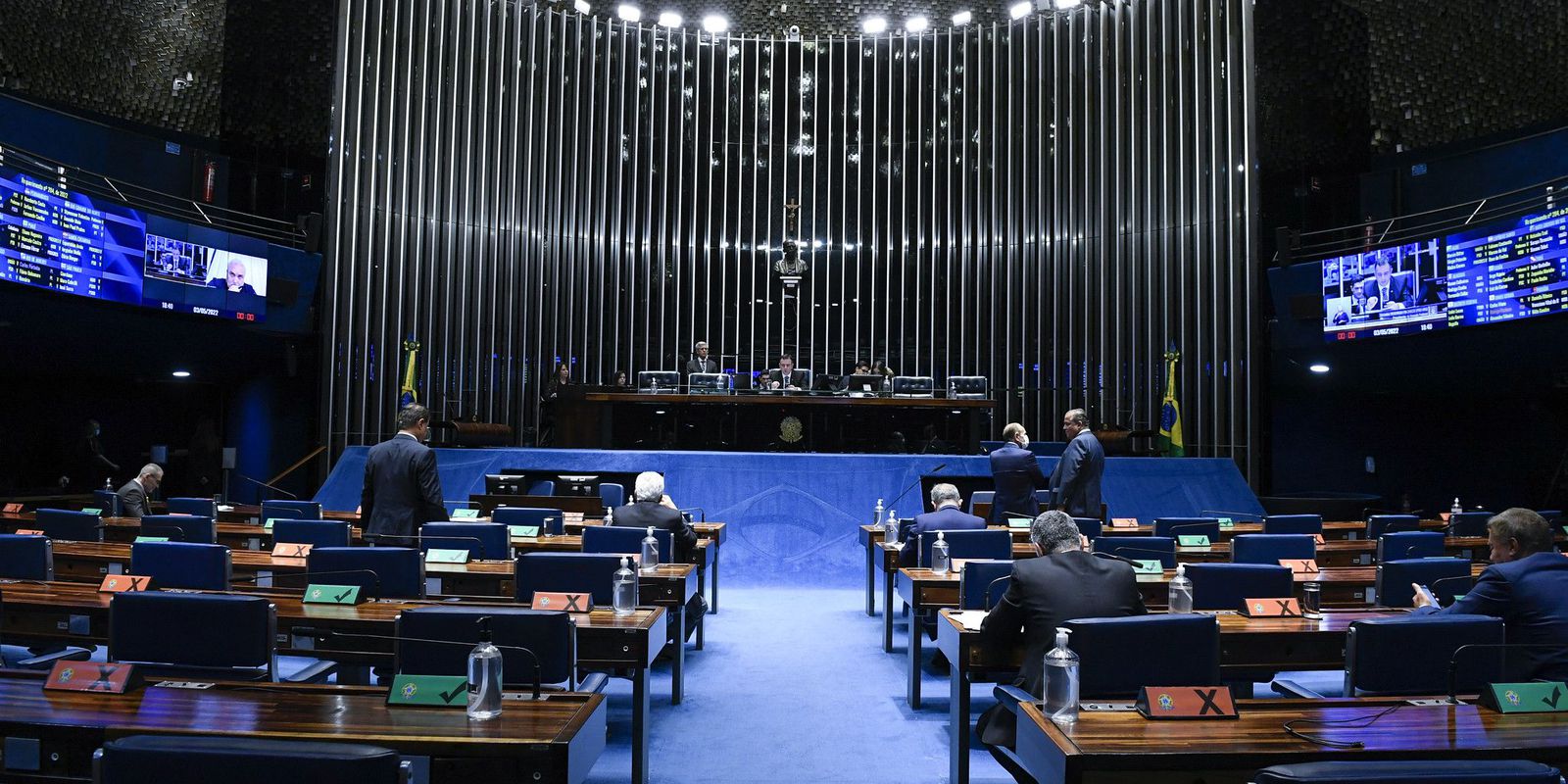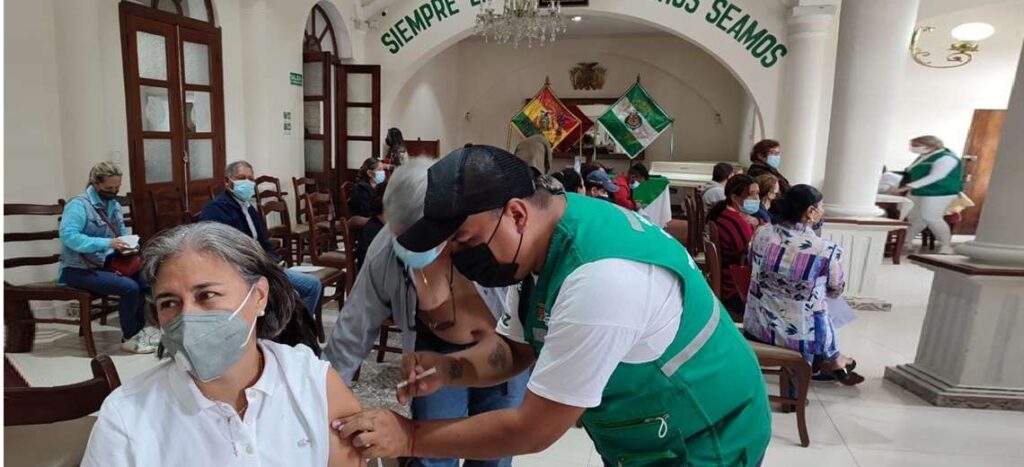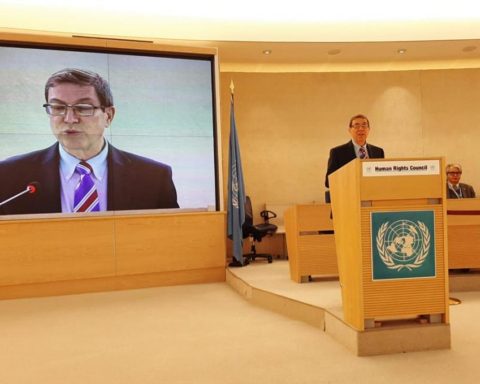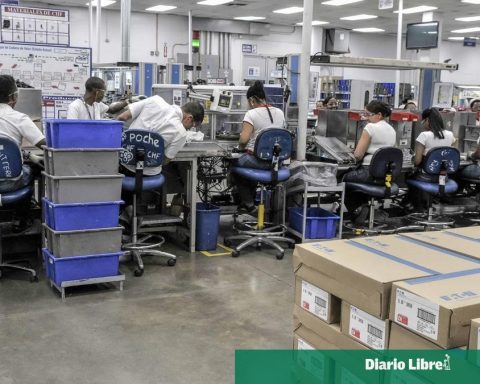The Senate approved today (13) the Complementary Bill (PLP) 18/2022, which limits the application of the Tax on the Circulation of Goods and Services (ICMS) on fuels, natural gas, electricity, communications and public transport. According to the proposal, these products would be classified as essential and indispensable, leading to the setting of the ICMS rate at a maximum level of 17%, lower than that currently practiced by states. The text also provides for the Union’s compensation for state revenue losses.
The objective of the project is to cause a reduction in the value of fuel at the pump, alleviating consumer spending on gasoline, which exceeds R$ 7 a liter in the country, and on diesel, also benefiting truck drivers and transporters. The PLP also seeks to reduce the value of cooking gas and electricity bills.
There were 65 votes in favor and 12 against. The project goes back to the Chamber for a new analysis after the amendments inserted in the text. For the rapporteur of the project in the Senate, Fernando Bezerra (MDB-PE), the PLP is “a very important step to bring down inflation”, in addition to keeping prices on electricity bills and gas stations. He also stated that Congress “makes history” by including these sectors among those considered essential.
“I participated in the 1988 Constituent Assembly, where people said that the essentiality of products had to be defined by a complementary law. And more than 30 years have passed and Congress, at no time, has defined the essentiality of the products. Therefore, this is an important step, we are making history”, said the senator.
Bezerra read his report in plenary last week and today it stuck to the amendments received by the project. There were 77 in total and Bezerra welcomed four fully and nine partially.
amendments
One of the amendments accepted replaces losses in the collection of the Basic Education Maintenance Fund (Fundeb) and health service actions. Both sectors have revenues linked to ICMS collection. The rapporteur included a passage that provides for the maintenance of links to health and basic education, but in proportion to the deduction of debt contracts between States and the Union.
Bezerra also included in the text a provision to provide legal certainty to state managers. Thus, they will be able to reduce ICMS collection without violating the Fiscal Responsibility Law (LRF) and the Budget Guidelines Law (LDO). According to the regulation, a federative entity cannot give up a revenue without indicating a new source of collection to compensate.
After the approval of the basic text, the senators approved a highlight – the others were rejected. The approved highlight provides that, if the states and municipalities lose resources as a result of the law, the Union will compensate them so that Fundeb’s current levels are maintained.
Senators
The PLP was not unanimous in the plenary. Some senators were against the bill. For Zenaide Maia (Pros-RN), the project does not attack the main cause of the increase in fuels, which is Petrobras’ current pricing policy, linked to the international price of a barrel of oil and the value of the dollar.
“This PL has nothing to do with it. And, still, without the guarantee that prices will be reduced at the fuel pump, we know that it depends on the dollar, and the certainty that Petrobras, as soon as this is approved here, will restore prices, because it already does more than 20 days without a raise”.
Carlos Portinho (PL-RJ), the new government leader in the Senate, defended the project and asked for the participation of the states in the effort to reduce the price of fuel for the population. According to him, the government has contributed by giving up federal taxes on fuel to reduce the impact of inflation explained, according to him, by the war in Ukraine, among other international variables.
“We have to cut taxes, as several nations in the world, in this moment of international emergency, are doing. That’s what we have for today,” he said. “Now it’s time for governments: it’s time for the Federal Government, which puts it on the table, and it’s time for this sacrifice by state governments”.
Report
Last week, when presenting the report to the press, Bezerra stated that, if approved, the PLP could overthrow at R$ 1.65 the price of gasoline and at R$ 0.76 the price of diesel. However, he pointed out that prices could just “not go up much more”, depending on the international scenario, which influences the price of a barrel of oil and the appreciation of the dollar against the real.
“We are not pricing. There is a war in Ukraine, Russia is responsible for 25% of diesel production in the world, prices are under pressure. It is clear that there may be a rise in prices. But even if there is, it will help it not go up much higher than it would,” he said at the time.
There is already a project, passed the Senate in March, which aims to reduce the value of fuels. Bill 1,472/2021 proposes to change the way fuel prices are calculated, in addition to creating a Stabilization Account, to ensure predictability in consumer prices. The project, considered one of the priorities of the Senate at the beginning of this year, is currently stalled in the Chamber of Deputies, with no expected vote.
Article updated at 11:23 pm to add the amendment approved by the senators.
















